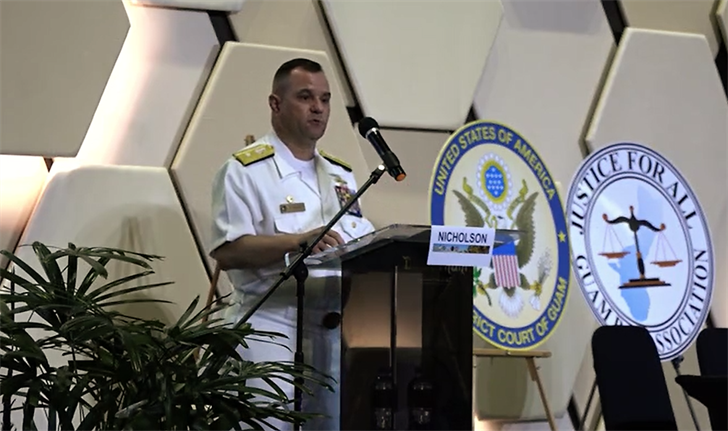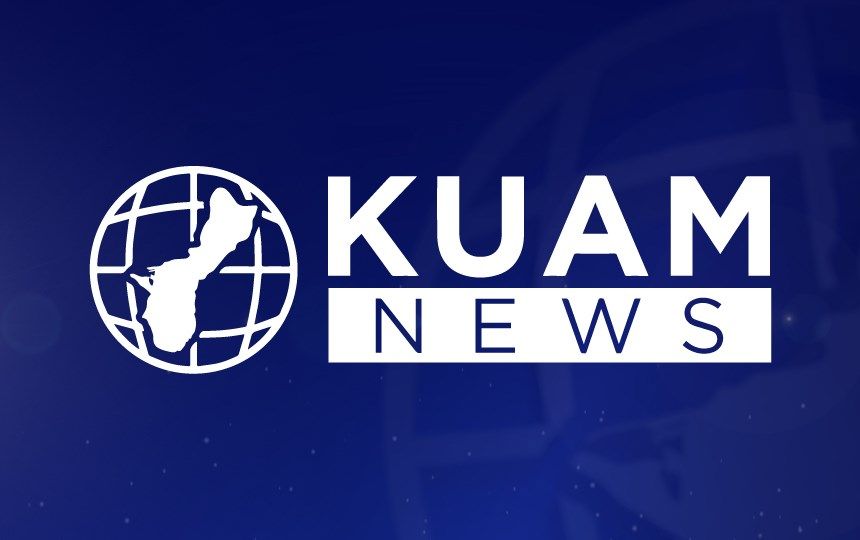Biden says U.S. will defend Taiwan, admiral says Guam plays a key role in any defense
Guam could play a critical role in the defense of Taiwan against an attack by China. President Biden opened the door to such a scenario during a widely-viewed exclusive interview on CBS News 60 minutes yesterday. In the interview the president did say tha

Guam could play a critical role in the defense of Taiwan against an attack by China.
President Biden opened the door to such a scenario during a widely-viewed exclusive interview on CBS News 60 minutes yesterday.
In the interview the president did say that the U.S. will keep to its more than 40-year old policy on Beijing-Taiwan relations, viewing it as an internal matter, and not committing to any action it would take. But then the president was asked pointedly by CBS Anchor Scott Pelley what if Taiwan were attacked.
Pelley: But would US forces defend the island?
Biden: Yes if in fact there was an unprecedented attack.
Pelley: After our interview, a White House official told us that US policy has not changed, officially the US will not say whether American forces would defend Taiwan, but the commander-in-chief had a view of his own.
Pelley: So unlike Ukraine, to be clear, sir, US forces, US men and women, would defend Taiwan in the event of a Chinese invasion?
Biden: Yes.
So was the president saying out loud what the U.S. position really is? We asked Joint Region Marianas Commander Admiral Benjamin Nicholson that. The admiral had just delivered a lengthy speech at a judicial conference on the Chinese threat to our region.
"Well i did not see the interview so I'm not sure what's going on, I did read a little bit in the press this morning so right now I really don't have much of a reaction to that because I don't know anything behind it. All I can tell you is that anytime the United States does anything here in the region somehow we get involved in that. I have not seen anything about a change in policy on what our stance is or anything like that, and so I really don't have much of a comment on it."
And while the white house did try to walk back what the president said, it opened the door to what could happen.
"Anytime the U.S. military does anything in this region, Guam plays some part of a role. as you know Guam is a major staging place for us," Nicholson said. "For humanitarian assistance for disaster relief, we practice these things all the time, we practice other sort of operations here in Guam. But anytime you do anything in the Western Pacific Guam is involved in one way, shape or form."
In his speech before the Pacific Judicial Council Conference, the admiral laid out some specifics of previous and current Chinese strategy in the region. This includes employing economic and military influence over smaller countries. Further evidence of the ever-increasing importance of the Indo-Pacific.

 By KUAM News
By KUAM News